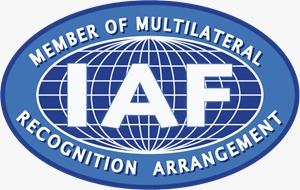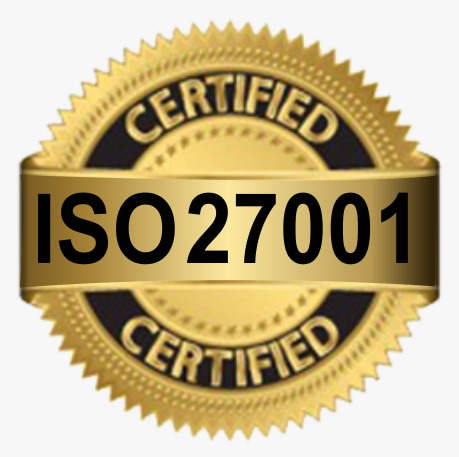Introduction
Commercial General Liability (CGL) insurance is defined as an insurance policy that covers a business for bodily injury, personal injury, and property loss caused by the business’s operations, outcomes, or injuries that occur on the business premises. This liability insurance is also considered as comprehensive business insurance, though all risks a business may face are not covered by this liability insurance. Business companies can add other companies or individuals they contract with to their commercial liability insurance policy as an “additional insured.”
What does a Liability Commercial Insurance Policy Cover?
Commercial general liability policies provide various levels of coverage. It includes premises coverage, which protects the business from claims that occur on the business’s physical location during regular business processes. This policy may also add coverage for bodily injury and property damage that is the result of a finished product or service done on a location other than the business premises.
In order to cover claims that exceed the limit of the CGL policy, excess liability coverage is purchased. Some commercial general liability policies may have exceptions to what actions are covered or not. For example, a policy may not comprise the costs related to a product recall.
Some examples, where general liability commercial Insurance comes into play:
- A customer enters your place of business where the floors have recently been cleaned and polished, and as a result are very slippery. The customer slips on the floor and breaks their leg.
- One of the workers of your electrical company visits a lodge for an electrical wiring job and inadvertently causes a fire in the customer’s lodge.
- An advertisement or notice that you have placed results in an individual claiming slander.







Leave A Comment